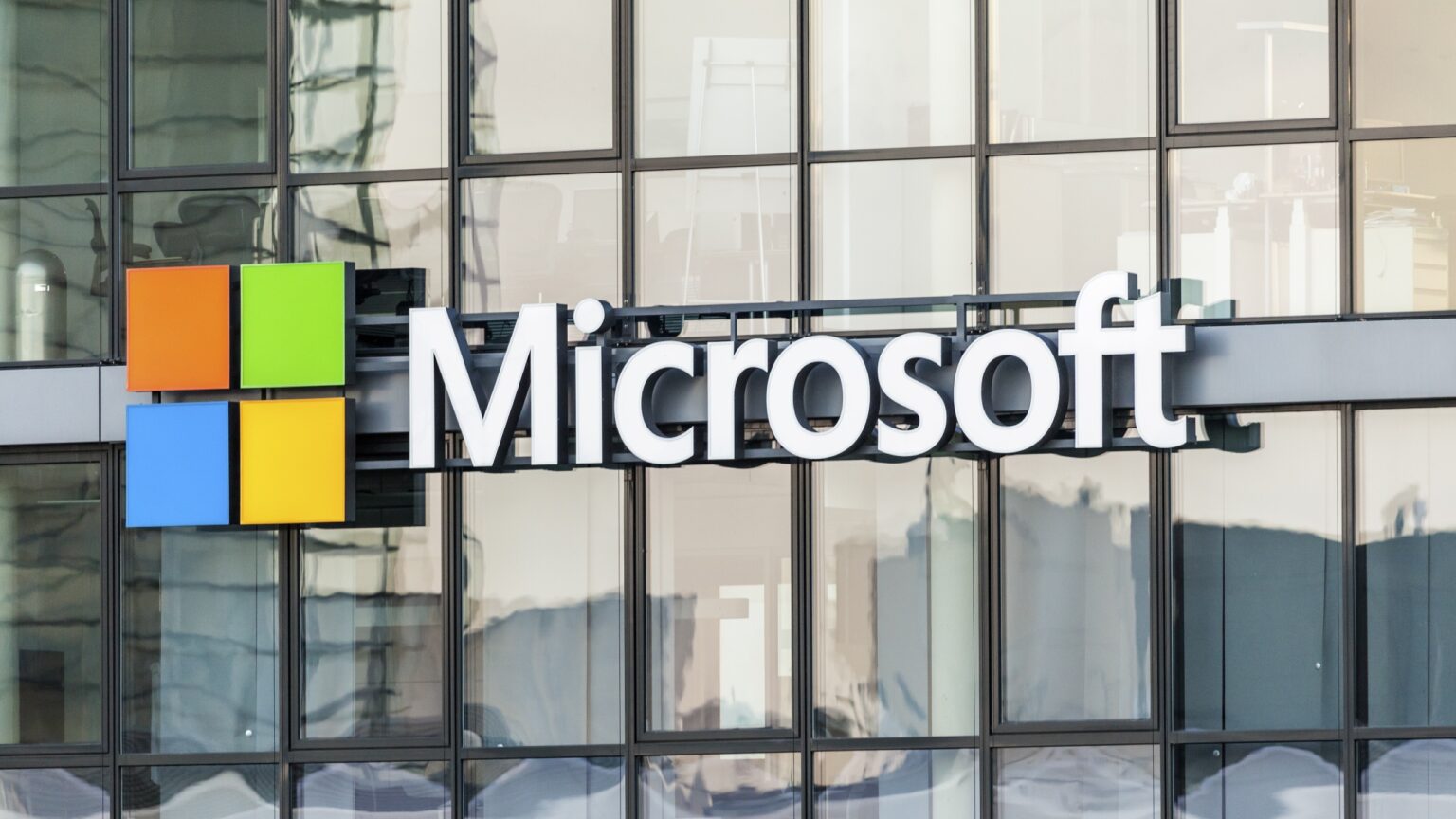Microsoft has invested an unspecified amount of money into Builder.ai, an AI software development platform, in a partnership that will empower customers build business apps within the platform without technical expertise.
Builder.ai is a startup that helps companies make apps without coding experience.
The partnership comes as Microsoft ramps on its AI efforts. The London-headquartered Builder.ai’s software allows anyone from tech-shy artists looking to sell their work online to design professionals with limited programing experience to develop and manage apps.
Also read: China Makes First ChatGPT Arrest Over Fake News
Through the strategic partnership, Microsoft will integrate Builder.ai’s own AI assistant Natasha in its Teams video and chat software allowing customers to build business apps within the platform.
The partnership will also allow Builder.ai to enhance Natasha by leveraging Microsoft’s AI algorithms to make it sound more human.
“The collaboration will see the two companies collaborate on creating AI powered solutions that empower businesses to develop applications and become digitally native without the need for any technical expertise,” said Builder.ai on their website.
According to Builder.ai, the collaboration will give the startup firm and its clients access Microsoft’s Azure suite of cloud tools including a set of AI services it offers through its partnership with OpenAI.
The firm added that developers on the Microsoft Azure platform will also be able to tap into Builder.ai network of experts.
“We are thrilled to be working so closely with Microsoft. This collaboration for Builder.ai is centered around alignment of our core mission,” said Builder.ai chief wizard and founder Sachin Dev Duggal.
Building 100 million businesses
Builder.ai added the collaboration with Microsoft will enable the tech firms help “the next 100 million businesses and beyond become digitally native.”
“We’re all convinced that the future of software is going where the customer doesn’t need to be technical,” Duggal told CNBC.
“What we’re really doing is bringing together a world where customers are able to build software, run software, host software.”
Jon Tinter, corporate vice president business development at Microsoft said the collaboration marked an extension of their mission to “empower every person and every organization.”
“We see Builder.ai creating an entirely new category that empowers everyone to be a developer and our new, deeper collaboration fueled by Azure AI will bring the combined power of both businesses around the world,” said Tinter in a statement.
Established in 2016, Builder.ai falls into the camp of startups that make so called “no-code” and “low-code” platforms and its software allows anyone to design professionals with limited programming experience.
Eyes on AI
Microsoft already offers its own suite of no-code app development tools and is hoping to advance its expertise in the area with its collaboration with Builder.ai, which is one of the many startups that have benefitted from renewed investor interest in AI.
For Builder.ai, the endorsement from a big tech company like Microsoft is very critical.
“If you imagine we’re going to speak to big enterprise…who’s going to ask us about competency at that point?” Duggal told CNBC.
“It gives you a huge leverage from go to market (strategy), which in itself benefits both partners.”
Experts say the deal also signifies Microsoft’s ramp up efforts in AI, which has become a key focus for the company as it seeks to remain competitive in the tech industry.
Peers Google has made investments into AI, seeking to make digital entities more conversational and humanlike with its LaMDA language processing model. The company also rolled out a rival to ChatGPT known as Bard.
Microsoft itself has increased investment in AI lately seeding a reported $13 billion into popular ChatGPT maker OpenAI, and incorporating the firm’s language processing model into its Bing search engine and Office productivity apps.
So huge has been the interest in AI that a lot of products and services have been launched as companies seek to leverage technology to optimize their operations. The rapid growth has however worried experts in the sector over fears AI could turn too powerful and harmful to humanity.
A group of experts including Elon Musk and Apple co-founder Steve Wozniak wrote an open letter calling for a halt in development of AI more powerful than ChatGPT.









 and then
and then